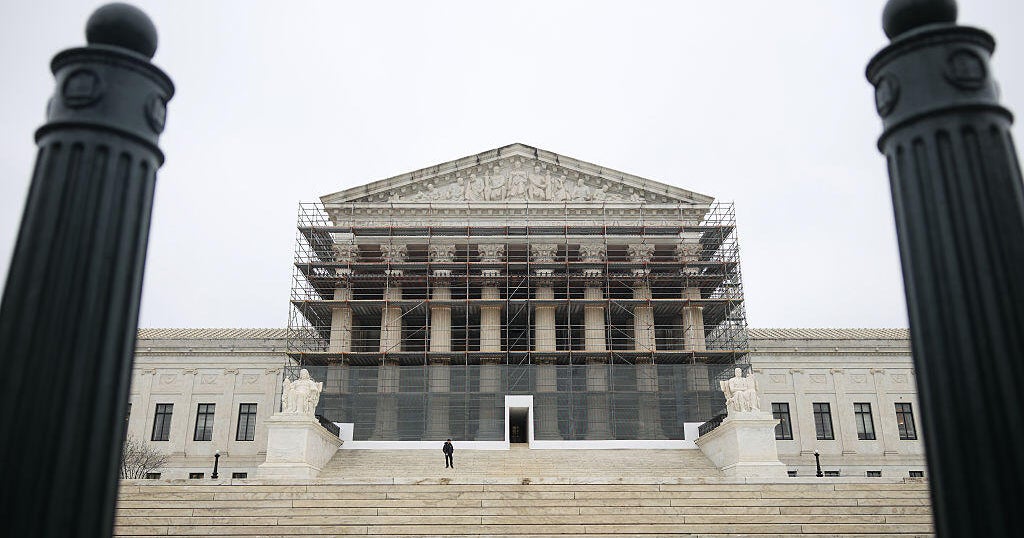Supreme Court Temporarily Halts Deportation of Venezuelans Held in Texas
The U.S. Supreme Court intervened on Saturday by blocking the deportation of Venezuelan nationals detained in northern Texas, invoking concerns over the legitimacy of their removal procedures. The decision comes in response to an emergency appeal from the American Civil Liberties Union (ACLU), which contended that the deportations were based on an antiquated law from 1798.
Emergency Appeal and Court Order
In a brief order, the Supreme Court prohibited the federal government from deporting Venezuelans held at the Bluebonnet Detention Center, stating that such actions could not proceed “until further order from this court.” Justices Clarence Thomas and Samuel Alito dissented from this decision.
The ACLU’s appeal argued that the immigration authorities aimed to resume deportations under the Alien Enemies Act (AEA), which allows for the removal of non-citizens deemed a threat during wartime. Earlier in April, the Supreme Court ruled that deportations must allow individuals the opportunity to contest their removal in court.
“These men were in imminent danger of spending their lives in a horrific foreign prison without ever having had a chance to go to court,” stated ACLU lawyer Lee Gelernt.
Government’s Stance
White House officials responded to the Supreme Court’s order on social media, labeling the detained individuals as “foreign terrorists.” Deputy Chief of Staff Stephen Miller emphasized that the men were apprehended through robust efforts by federal law enforcement.
In contrast, Press Secretary Karoline Leavitt expressed confidence in the administration’s legal position against what she called “meritless litigation” by activist groups that prioritize the rights of what she described as “terrorist aliens” over American public safety.
Legal Progress and Implications
This temporary order follows multiple rejections by federal judges who declined to grant urgent relief amidst ongoing legal challenges. The ACLU previously sought a broader injunction against detaining Venezuelans under the AEA in the region, claiming that some detainees received notices accusing them of affiliations with the Tren de Aragua gang—a focal point in the Trump administration’s immigration policies.
Past deportations under this act resulted in individuals being sent to notorious prisons in El Salvador, raising additional concerns regarding their treatment. The ACLU highlighted the severe risks posed to these individuals given reports of their pending deportations.
Future Legal Actions
As the Biden administration prepares to approach the Supreme Court again, the stakes are high for Venezuelan detainees caught in this legal and humanitarian crisis. The ACLU’s lawsuit, filed in light of a perceived imminent threat, aims to indefinitely prevent the use of the AEA in this context without sufficient legal safeguards for the affected individuals.
Despite the halt from the Supreme Court, the government’s position suggests it will continue to challenge this ruling, putting the rights and future of these detainees in a precarious situation.

